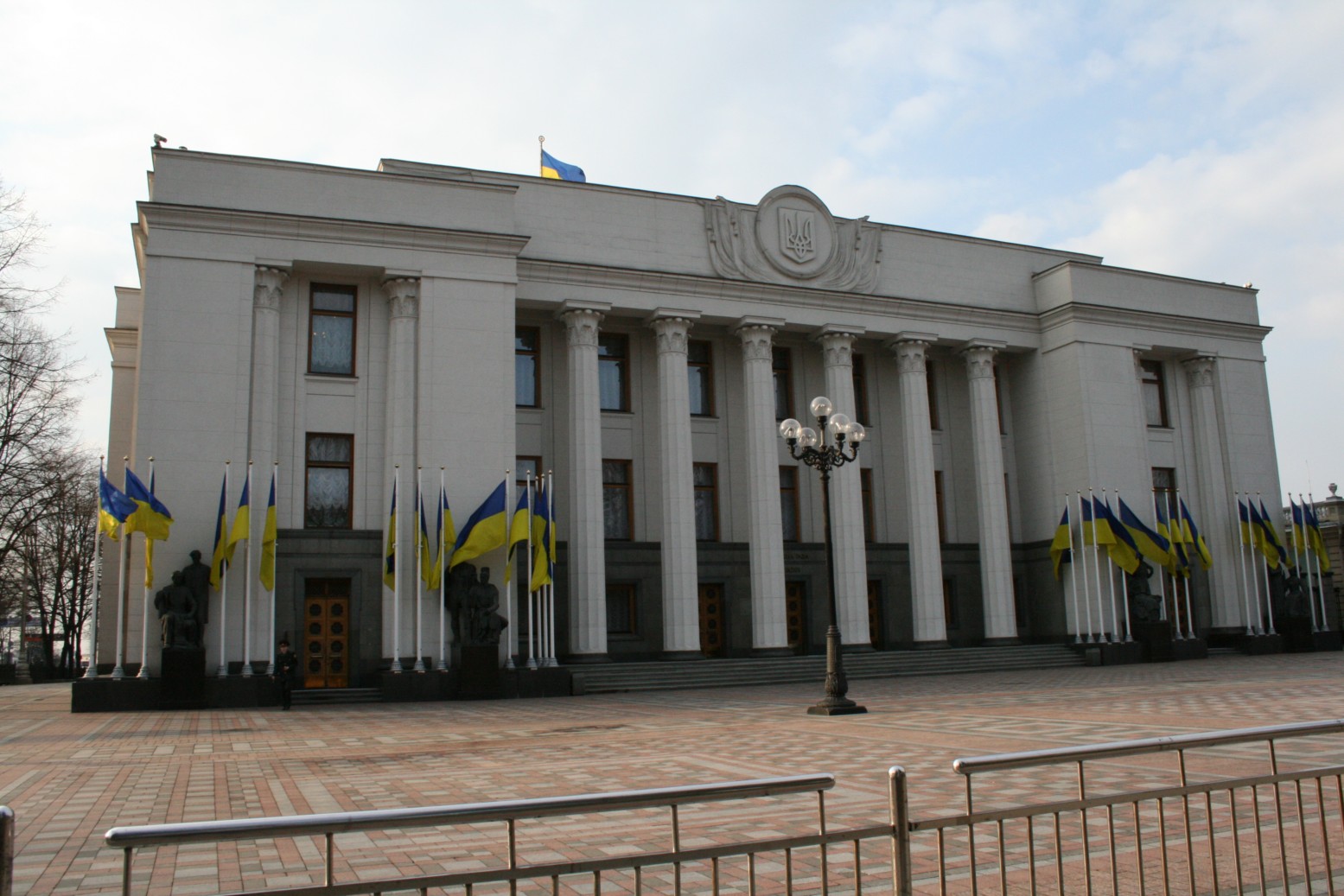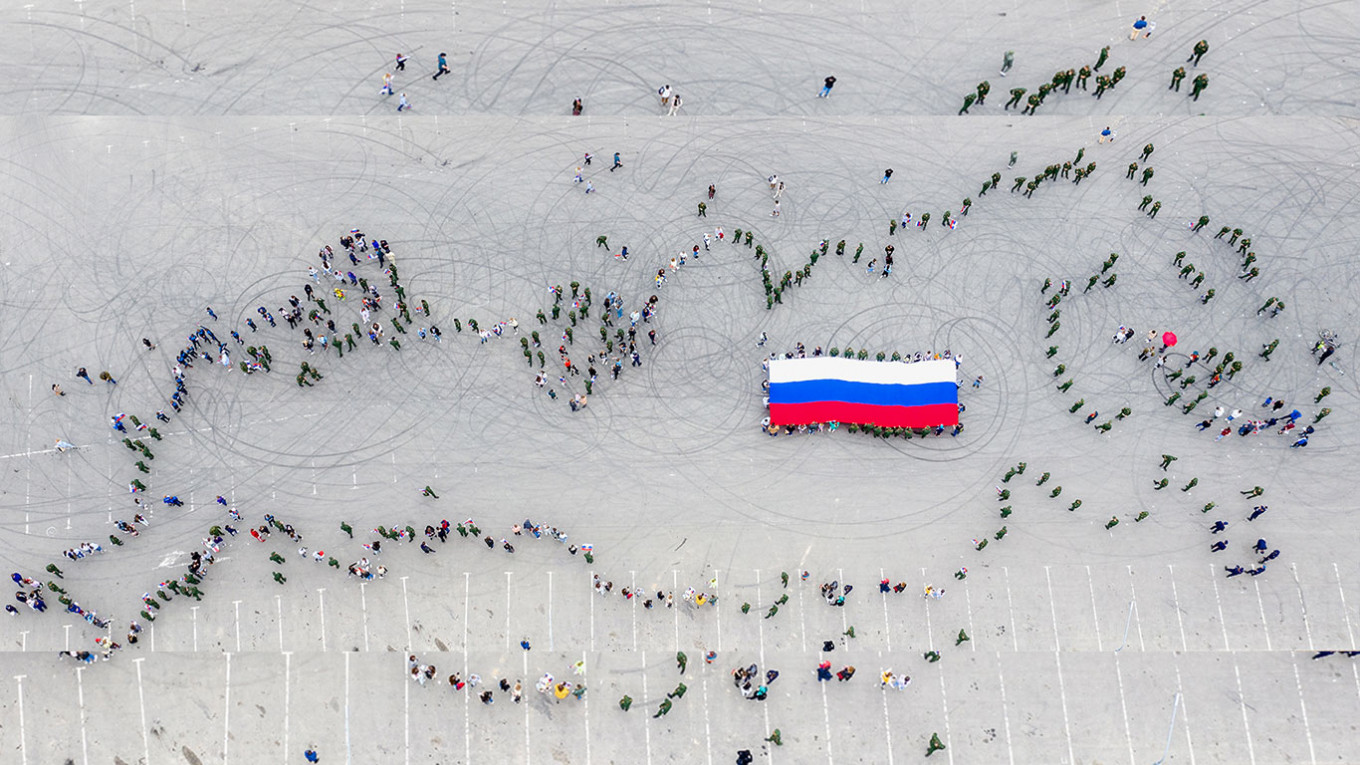
Transnistrian Voting Raid: A Bad Precedent for Moldova and Other Conflict Theaters
Transnistrian Voting Raid: A Bad Precedent for Moldova and Other Conflict Theaters
Transnistrian penetration of Moldova’s politics is a significant negative change ushered in by Moldova’s February 24 parliamentary elections. An unprecedentedly large number of Transnistrian residents were bussed across the demarcation line and voted as instructed for certain Moldovan candidates, obscure figures completely unknown to Transnistrian voters. Transnistria’s authorities had not allowed any Moldovan party’s candidates to enter that territory, let alone hold meetings with potential voters there, and even less to address them on television.
This electoral expedition is the equivalent of bussing in residents of Abkhazia, South Ossetia, Crimea, or Donetsk-Luhansk (unrecognized enclaves like Transnistria itself) to vote for certain pre-determined parties in Georgian or Ukrainian elections. This maneuver has now done its damage in Moldova, seems likely to be attempted on a larger scale in future Moldovan elections, and is apt to be invoked as a precedent-setting case in Ukraine’s east.
The Transnistrian voters were bussed directly to 47 voting stations, which Moldova’s authorities opened on their own side of the demarcation line, specially for Transnistrians, separately from right-bank voters. The Transnistrians cast votes in the election on country-wide party lists (which cover all of Moldova as one constituency) and also in two local single-mandate “Transnistrian” constituencies. These are purely statistical constituencies, nonexistent on the ground in Transnistria. They were created in these elections for the first time, ostensibly to represent Transnistria in Moldova’s parliament (RFE/RL, February 24, 28, March 4).
According to Moldova’s electoral authorities, 37,000 Moldovan passport-holders from Transnistria cast votes in these parliamentary elections. On party lists, 52 percent of Transnistrians voted for the russophile Socialist Party’s list. The remainder divided their votes mostly between Vladimir Plahotniuc’s Democratic Party and Ilan Shor’s “Shor Party” (allied with Plahotniuc though widely seen as russophile). For the single-mandate constituencies, Transnistrians elected two “independent” (non-party) deputies, one known to be close to Plahotniuc and the other to Shor. By coincidence or otherwise, each of these two candidates won 62 percent of the votes cast in their respective constituencies (Infotag, Agora, Noi.Md, IPN, February 25).
The business conglomerate Sheriff (Transnistria’s richest and most influential entity) organized much of the voter-busing effort. Sheriff’s top leader, Victor Gusan, and Plahotniuc are known to maintain an exclusive telephone “hotline,” which in Plahotniuc’s case bypasses the government. They have a track record for swiftly reaching and implementing joint decisions in business (e.g., middleman scams with electrical energy supplies) and politics (e.g., “small steps” toward Transnistria’s “special status”), and this voting expedition is almost certainly the product of another hotline agreement between the two men.
Transnistria’s voting expedition in such numbers caught all Moldovan politicians, including President Igor Dodon’s Socialists, unawares on voting day. Dodon had earlier asked Tiraspol—both directly and via Moscow—to line up Transnistrian voters behind his Socialist Party. Instead of this, Dodon was cut out of the Gusan-Plahotniuc deal. Instead of collecting the near-totality of Transnistrian votes for his Socialist Party (as Dodon himself had collected in the 2016 presidential election—see below), the Socialists ended up with only half the Transnistrian votes on the party list, and—more painfully—they lost both parliamentary seats from the single-mandate constituencies, which went instead to Plahotniuc’s and Shor’s “independent” candidates.
These two “Transnistrian” constituencies are imaginary electoral entities. They exist merely statistically, or virtually. They are not located in Transnistria, although they would supposedly represent that territory in Moldova’s parliament. They have no tangible existence even in right-bank Moldova: they never saw any election campaign activities (e.g., meetings of candidates with Transnistrian voters), never saw even the trappings of pre-election propaganda such as posters or billboards, and indeed never saw Transnistrian voters until the voting day. Crowning this farce, both newly-elected deputies are from right-bank Moldova and neither of them has any connection with Transnistria, although both are supposed to represent Transnistrian voters. The two “Transnistrian” constituencies were undoubtedly meant to secure two seats in the new parliament for Plahotniuc’s allies, cast as independents and expected to join a coalition around his Democratic Party.
This development represents a bold innovation in terms of manipulating a frozen conflict. For 25 years after Transnistria’s secession from the rest of Moldova (until 2016), a few thousand residents of Transnistria were crossing the demarcation line to vote in Moldova’s parliamentary elections each time. Their number was only about 7,000 on average at each election. They were doing so on their own, using their Moldovan passports, and neither aided nor impeded by either Moldova’s authorities or those of Transnistria. From Moldova’s standpoint, even that minuscule number signified a residual legal link to Transnistria. For their part, Transnistria’s authorities maintained all along that Transnistria has nothing to do with elections in “that neighboring state” (Moldova).
In 2016, however, a larger number of Transnistrian residents—17,000 by the official count—were not only allowed, but regimented and bussed across the demarcation line, to vote for the pro-Russia presidential candidate, Igor Dodon, against Maia Sandu in Moldova’s presidential election runoff. Plahotniuc was supporting Dodon against Sandu, and he asked Transnistria’s then-leader Yevgeny Shevchuk to provide this minor boost to Dodon. The arithmetical difference was small, but the political precedent was set. The Organization for Security and Cooperation in Europe’s (OSCE) election observation mission waved that political precedent through in 2016.
One year later, the OSCE happily booked a success for itself on the “small steps,” knowing (see above) that the deal had been reached on a personal basis between an unconstitutional leader in Chisinau and a no-status business leader in Tiraspol. This, too, is a foretaste of that sort of “special status” that would practically operate not by constitutional law but by informal understandings among de facto power-brokers.
After the parliamentary elections just held, the OSCE’s Chisinau Mission chief, Claus Neukirch, took credit for having “talked to Transnistria’s authorities about [Transnistrian] voters’ access to voting stations [in right-bank Moldova], and they assured us that they would not impede anyone from going to vote” (Interview with TVR Moldova, March 3, cited by Noi.Md, March 4).
This desideratum misses the minor point that Transnistria’s authorities neither impeded nor assisted their residents from voting in right-bank Moldova in past elections in small numbers (see above). And it misses the major point that mass-mobilizing uninformed and manipulable Transnistrian residents to vote in Moldova’s elections will distort those elections to the disadvantage of pro-Western parties. If this practice continues, Moscow and Tiraspol will have their cake and eat it too: on one hand influencing Moldovan election outcomes, and on the other hand maintaining Transnistria’s immunity against any Moldovan political influence.
The OSCE’s election observation mission, oblivious to those points, refused to act on election-day and post-election protests against Transnistria’s voting raid. Only a fourth point, that the “Transnistrian” single-mandate constituencies are mere statistical figments, and that the deputies elected to represent Transnistria have no connection to it, is a consideration that might elicit the OSCE’s objections in its final technical report, because this is about procedures, without political and strategic context. This is why it would be politically and strategically dangerous, for example, to accept the holding of elections in Donetsk-Luhansk (Ukraine’s east) under the OSCE’s merely procedural supervision.
Transnistria’s voting raid has now done its damage; and Transnistrian penetration is likely to burgeon in future Moldovan elections, unless it is halted in due time. This development sets a dangerous precedent not only for Moldova but potentially for other conflict theaters in the same region.


